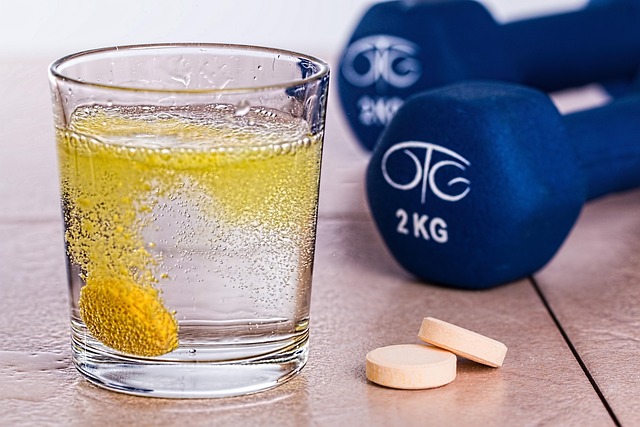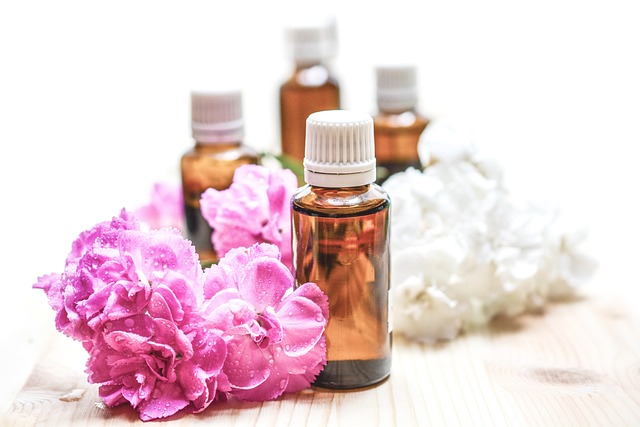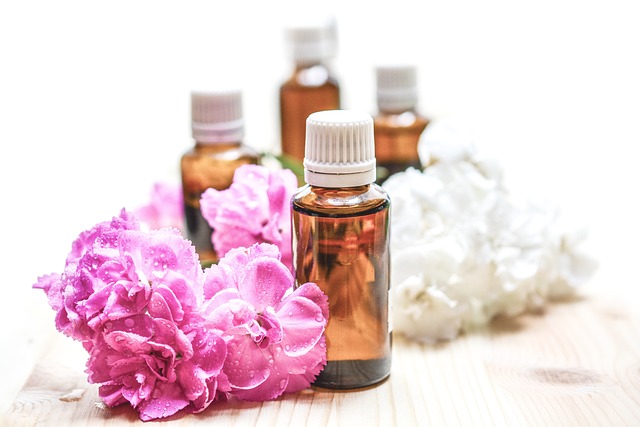Hydration is essential for both physical and mental health, supporting digestion, nutrient absorption, circulation, and cognitive function. Staying hydrated improves focus, energy levels, and mood, while effective stress management strategies like setting personalized water intake goals, using reminders, and incorporating flavored water can overcome barriers to consistent hydration. These practices promote overall well-being and natural stress reduction.
“Unleash the power of hydration! Discover practical steps to transform your daily habits and unlock optimal body function. Learn how adequate water intake impacts your mind and body, from improved cognitive function to enhanced physical performance. Set achievable goals, incorporate hydration into your routine, and conquer common barriers.
Master stress management strategies by understanding the science behind dehydration and its effects on mental clarity and emotional balance. Stay tuned for tips to ensure consistent hydration and a healthier, more vibrant you.”
- Understanding the Impact of Hydration on Your Body and Mind
- Setting Realistic Daily Water Intake Goals
- Incorporating Hydration into Your Daily Routine
- Overcoming Common Barriers to Consistent Hydration
Understanding the Impact of Hydration on Your Body and Mind

Hydration is a fundamental aspect of maintaining optimal physical and mental health. Often overlooked, adequate water intake plays a crucial role in regulating various bodily functions. When you stay hydrated, your body benefits from improved digestion, enhanced nutrient absorption, and better circulation, which collectively contribute to overall well-being.
On a cognitive level, proper hydration is essential for stress management strategies. Dehydration can lead to decreased concentration, fatigue, and even impaired mood. By ensuring your body stays adequately watered, you support better brain function, enhance focus, and promote mental clarity. This, in turn, enables you to tackle daily tasks with renewed energy and a more positive mindset.
Setting Realistic Daily Water Intake Goals

Staying hydrated is a fundamental aspect of maintaining good health, and setting achievable water intake goals can be a powerful step in improving your daily habits. Start by assessing your current lifestyle and climate; these factors influence how much water your body needs. A general rule is to aim for 8-10 cups (approximately 2 liters) daily, but individuals with more active lifestyles or those living in hotter regions might require more.
Consider incorporating smart reminders into your routine as a stress management strategy. Always keep a reusable water bottle handy and set alerts on your phone to encourage consistent hydration throughout the day. By making these simple adjustments, you can gradually develop a healthier relationship with staying hydrated, which is key to managing stress and promoting overall well-being.
Incorporating Hydration into Your Daily Routine

Incorporating hydration into your daily routine is a simple yet powerful way to enhance overall well-being and serve as an effective stress management strategy. Start by setting reminders on your phone or using apps designed for tracking water intake to ensure consistent hydration throughout the day. Make it a habit to drink a glass of water first thing in the morning to kickstart your system. Always carry a reusable water bottle, so you’re never without easy access to H2O, whether at work, during exercise, or out and about.
Incorporating hydration as a non-negotiable part of your routine allows for better concentration, improved skin health, and increased energy levels—all while promoting effective stress management strategies. Over time, you’ll find that consistent hydration becomes second nature, greatly contributing to a healthier, more balanced lifestyle.
Overcoming Common Barriers to Consistent Hydration

Many well-intentioned individuals struggle to maintain consistent hydration due to various barriers. One significant obstacle is the belief that staying hydrated is merely about drinking water when thirsty, which often leads to inadequate intake. It’s essential to shift this mindset and understand that proper hydration is a proactive process. Implementing stress management strategies can significantly impact this journey; for instance, recognizing thirst signals early and consistently carrying a reusable water bottle can encourage regular sipping throughout the day.
Another common hurdle is the perception that water consumption is monotonous. Adding variety to your hydration routine by infusing water with fruits or herbs not only enhances flavor but also makes it an enjoyable experience. Moreover, integrating mindful drinking practices, such as savoring each sip during meals or breaks, can transform a simple habit into a moment of relaxation and self-care, thereby overcoming resistance rooted in boredom or lack of motivation.
Hydration is a simple yet powerful tool for enhancing overall well-being. By understanding the significant effects of water intake on both physical and mental health, setting achievable goals, and integrating hydration into daily routines, individuals can overcome common barriers and improve their hydration habits. Remember, staying hydrated is not just about meeting daily requirements but also using it as a stress management strategy to support a healthier, more balanced lifestyle.
